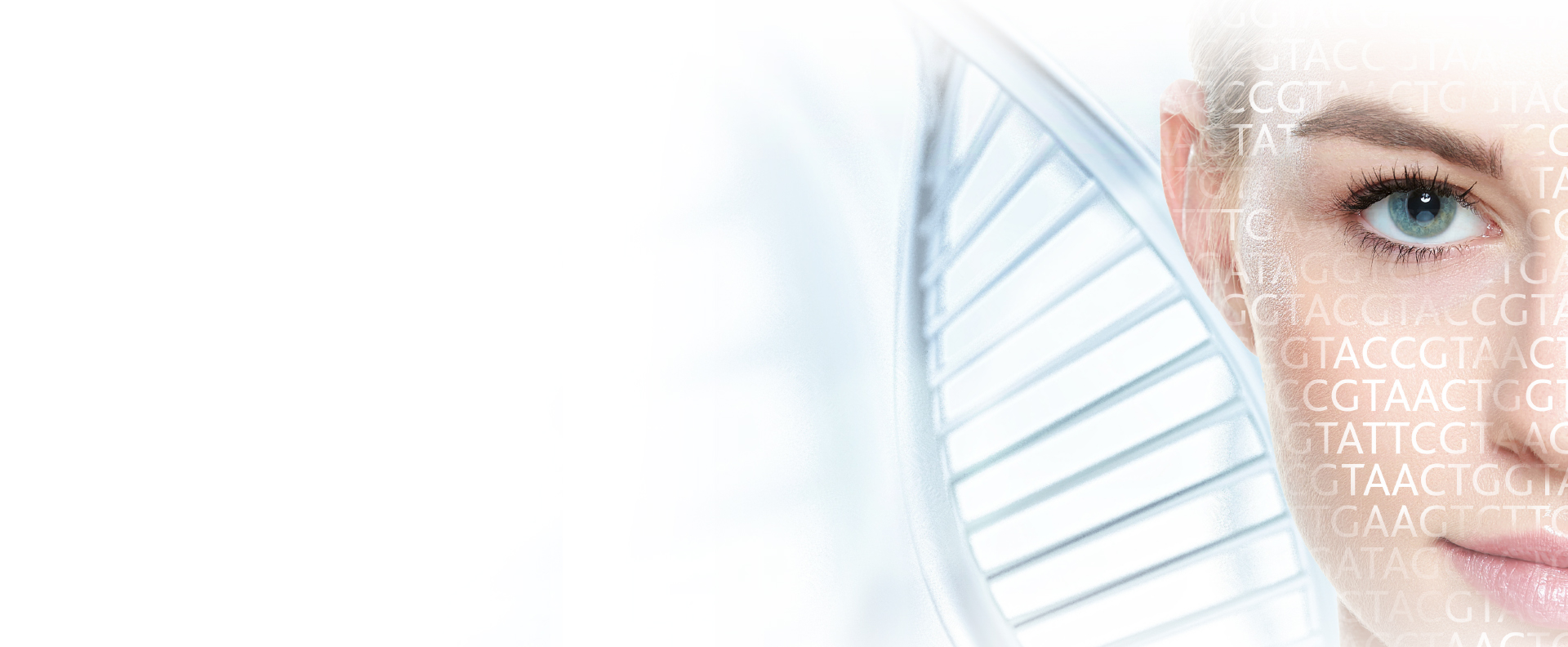IllnessMyoclonus-Dystonia, differential diagnosis
Summary
A comprehensive differential diagnostic panel for Myoclonus dystonia containing 4 guideline-curated genes and altogether 19 genes covering all known genetically caused forms
| Locus type | Count |
|---|---|
| Gen | 16 |
44,8 kb (Extended panel: incl. additional genes)
- EDTA-anticoagulated blood (3-5 ml)
NGS +
Loci
Gen
| Name | Exon Length (bp) | OMIM-G | Referenz-Seq. | Heredity |
|---|---|---|---|---|
| KCTD17 | 1645 | NM_024681.4 | AD | |
| SGCE | 1314 | NM_003919.3 | AD | |
| ADCY5 | 3786 | NM_183357.3 | AD | |
| ATM | 9171 | NM_000051.4 | AR | |
| ATN1 | 3573 | NM_001007026.2 | AD | |
| ATP7B | 4398 | NM_000053.4 | AR | |
| ATXN3 | 1086 | NM_004993.6 | AD | |
| EPM2A | 996 | NM_005670.4 | AR | |
| GCH1 | 753 | NM_000161.3 | AD, AR | |
| NHLRC1 | 1188 | NM_198586.3 | AR | |
| NKX2-1 | 1206 | NM_001079668.3 | AR | |
| PRKCG | 2094 | NM_002739.5 | AD | |
| RELN | 10383 | NM_005045.4 | AR | |
| TOR1A | 999 | NM_000113.3 | AD | |
| TTPA | 837 | NM_000370.3 | AR | |
| TUBB2B | 1338 | NM_178012.5 | AD |
Informations about the disease
Myoclonus dystonia typically affects the neck, trunk and arms with rapid, involuntary muscle twitching. The first movement problems usually occur in childhood or early adolescence with the development of myoclonus. In most cases, movement problems remain stable throughout life. Dystonia often causes writer's cramps or torticollis. About half of these patients also develop unusual postures. In some adults, the myoclonus improves with alcohol consumption. Affected individuals often develop psychological abnormalities such as anxiety, panic attacks, depression and obsessive-compulsive disorder. Mutations in the SGCE gene cause up to half of the cases, and mutations in several other genes should be considered in the differential diagnosis. Mutations in all of the latter genes each cause only a small percentage of cases. Myoclonus dystonia caused by SGCE and KCTD17 mutations is inherited in an autosomal dominant manner. Autosomal dominant or recessive patterns, respectively, are observed with other mutated genes. Because the DNA test yield is not complete, a negative molecular genetic result does not exclude the clinical diagnosis.
Reference: https://www.ncbi.nlm.nih.gov/books/NBK1414/
- Alias: DYT11
- Alias: Dystonia 11
- Alias: Myoclonus-dystonia syndrome
- Allelic: Arthrogryposis multiplex congenita 5 (TOR1A)
- Allelic: Breast cancer, susceptibility to (ATM)
- Allelic: Choreoathetosis, hypothyroidism + neonatal respiratory distress (NKX2-1)
- Allelic: Congenital hypotonia, epilepsy, developmental delay + digital anomalies (ATN1)
- Allelic: Hyperphenylalaninemia, BH4-deficient, B (GCH1)
- Allelic: Thyroid cancer, nonmedullary, 1 (NKX2-1)
- Ataxia with isolated vitamin E deficiency (TTPA)
- Ataxia-telangiectasia (ATM)
- Chorea, hereditary benign (NKX2-1)
- Cortical dysplasia, complex, with other brain malformations 7 (TUBB2B)
- Dentatorubral-pallidoluysian atrophy (ATN1)
- Dyskinesia with orofacial involvement, AD (ADCY5)
- Dyskinesia with orofacial involvement, AR (ADCY5)
- Dystonia 26, myoclonic (KCTD17)
- Dystonia, DOPA-responsive (GCH1)
- Dystonia-1, modifier of (TOR1A)
- Dystonia-1, torsion (TOR1A)
- Dystonia-11, myoclonic (SGCE)
- Epilepsy, familial temporal lobe, 7 (RELN)
- Epilepsy, progressive myoclonic 1A, Unverricht + Lundborg (CSTB)
- Epilepsy, progressive myoclonic 2A, Lafora (EPM2A)
- Epilepsy, progressive myoclonic 2B, Lafora (NHLRC1)
- Global developm. delay, ID, Autism, Behavior, Dystonia, Ataxia, Chorea, Myoclonus [panelapp] (CAMK4)
- Intellectual developmental disorder, AD 42 (GNB1)
- Lissencephaly 2, Norman-Roberts type (RELN)
- Machado-Joseph disease (ATXN3)
- Neurodevelopmental disorder with hyperkinetic movements and dyskinesia (ADCY5)
- Spinocerebellar ataxia 14 (PRKCG)
- Wilson disease (ATP7B)
- AD
- AR
- Multiple OMIM-Ps
Bioinformatics and clinical interpretation
No text defined

